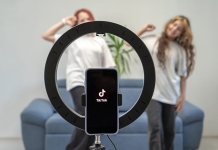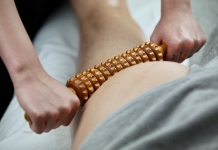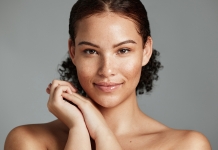Expert Advice: Acne SOS! Getting the facts straight…
Skincare expert Andrea O'Donnell de-bunks the myths surround acne and how best to treat it.
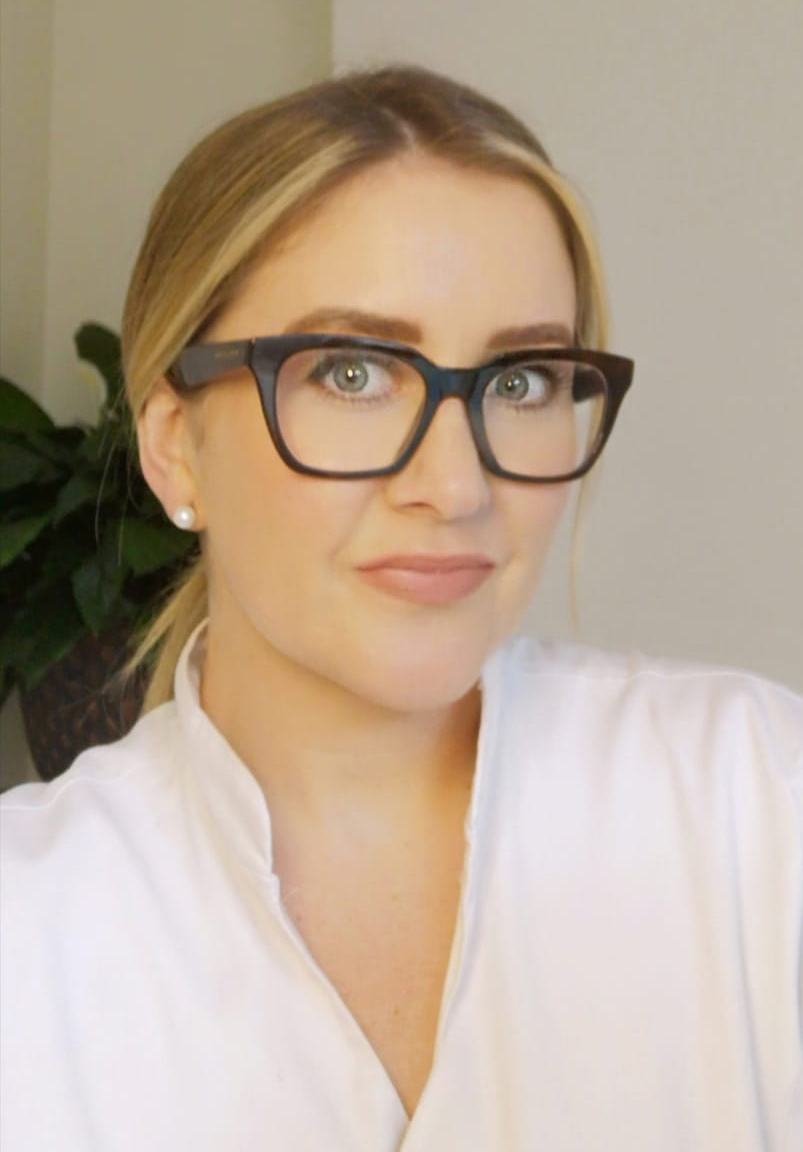 Do you suffer from acne? If so, you are not alone! Acne is the most common skin condition in the world, affecting 80% of people between the ages of 11 and 30 years old.
Do you suffer from acne? If so, you are not alone! Acne is the most common skin condition in the world, affecting 80% of people between the ages of 11 and 30 years old.
While commonly associated with adolescence, it may persist well into adulthood, and women may suffer more due to hormonal changes.
Acne is caused by a build-up of dead skin cells and sebum that become trapped in the pores.
This is due to four influencing factors:
- Hormones
- Over-active sebaceous glands (too much sebum)
- Hyperkeratinisation (natural exfoliation process interrupted)
- Bacteria
The immune system then reacts to the bacteria in the pore, resulting in inflammation. This lays to bed common misconceptions about acne, that poor hygiene or lack of cleanliness is the cause, which couldn't be further from the truth.
Hormonal imbalance has been identified as the top trigger in acne development. Androgen hormones (e.g., testosterone) contribute to the development of acne by stimulating the growth and secretory function of the sebaceous glands, promoting excessive production of sebum. This type of acne is more likely to affect the lower half of the face, along the jawline, chin and under the cheekbones, due to their testosterone-sensitive oil glands.
We treat acne according to severity. Mild acne involves mostly black / whiteheads and does not usually need any medical help. If less than 20 comedones / inflammatory lesions are present, you should be able to treat it with the correct homecare products and salon treatments.
Moderate acne involves both inflamed and non-inflamed lesions, some of which may leave scars. If there are 20 to 100 lesions, acne can be treated under the care of aesthetician with regular visits for professional acne treatments and extractions.
Severe acne features widespread inflamed lesions or cysts. It can impact both appearance and self-esteem, and it can cause scars. This type of acne can be stubborn to treat which is medical input will be needed.
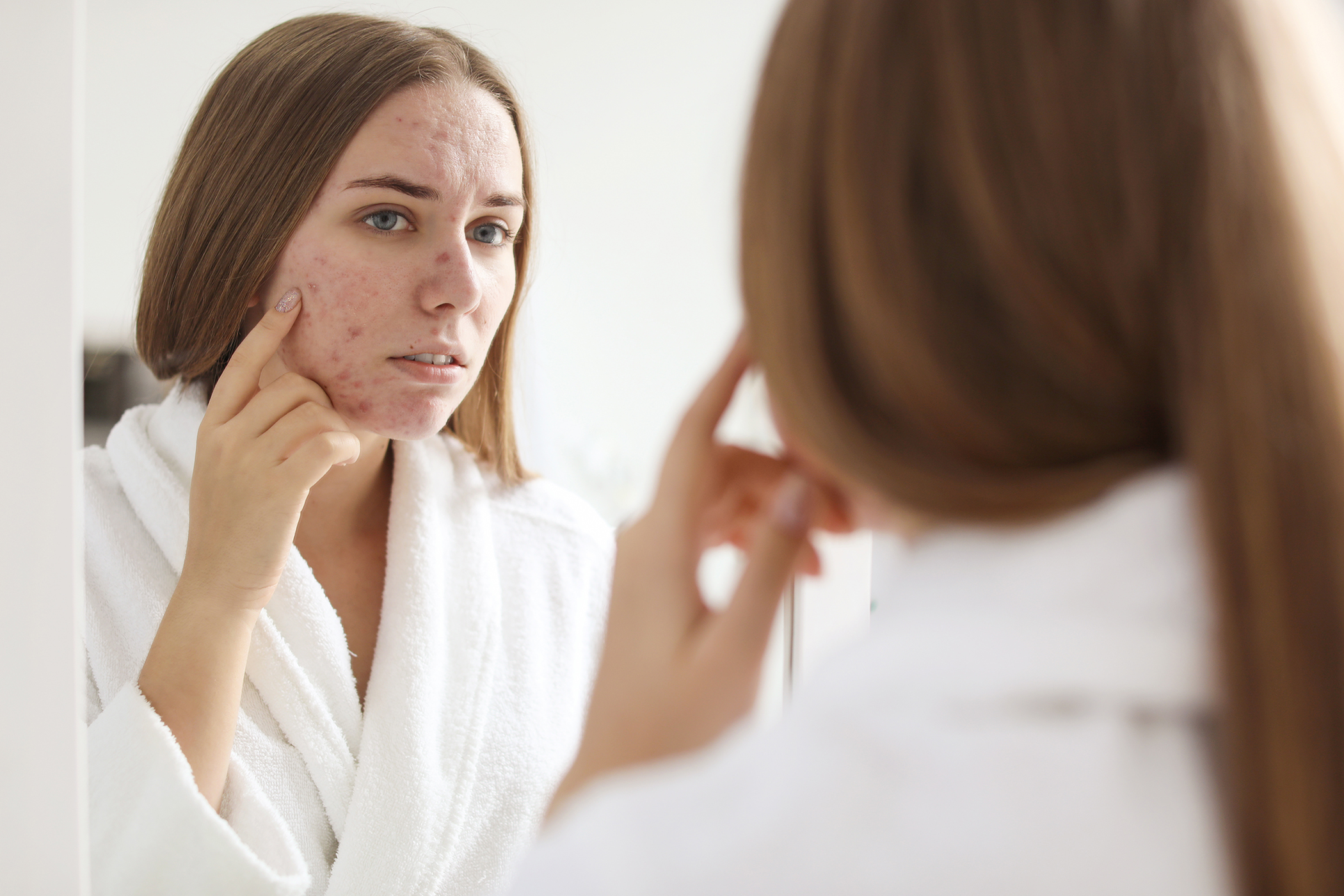
Multiple treatments are typically best and most effective in the treating of acne. The best acne treatments available are laser and light therapy, chemical peels and purifying (drainage/extraction) treatments.
The best acne busting ingredients are:
- Retinoids
- Benzoyl peroxide
- Azelaic acid
- Salicylic acid
- Glycolic acid
- Hyaluronic acid
- Antioxidants
- Probiotics
- SPF
Acne treating advice from an expert
- Create a simple regime that does not over stress the skin and encourage clients to stick to it for two to three months to evaluate for improvement. Pure Equalizer from DIBI Milano skincare, targets problematic and oily skin by controlling the oil production and reducing acne causing bacteria.
- Advise your clients to remove every trace of make-up before going to bed at night.
- Two washes daily are enough! Over cleansing the skin can strip the natural barrier and make acne worse. Recommend clients use cleansing products which have a balance of purifying and hydrating products.
- For clients using salicylic acid or benzoyl peroxide, make sure you pair products with a good moisturiser and SPF. Lightweight, non-comedogenic water-based moisturisers work well for congested skin.
Whilst there is a plethora of acne options out there, there's no quick-fix. All treatments take time to work. Seeking professional advice early will help clients understand how best to treat acne and avoid spreading the infection deeper into the skin where it can be more resistant to treatment.
Andrea O'Donnell is DIBI Milano National Educator for Xpert Professional.
